Ukraine mobilises its army as Kremlin ups the ante - PHOTO+VIDEO
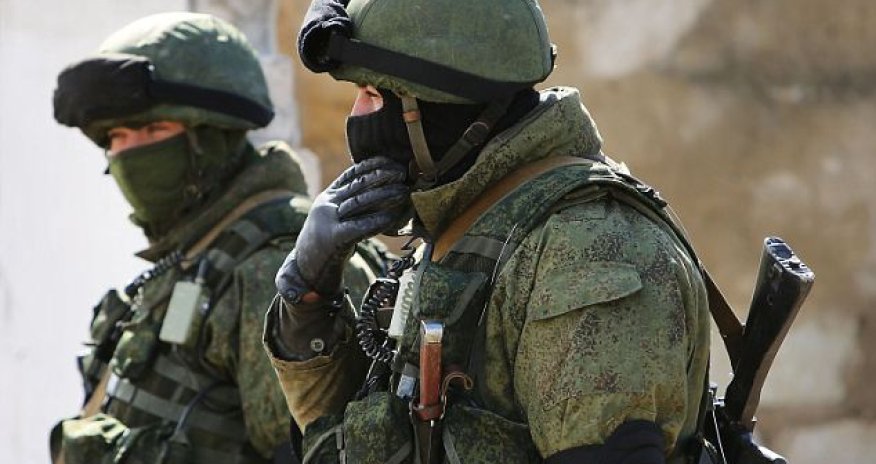
Since a referendum called for Crimea's annexation to Russia last night, tensions between Russia, Ukraine and the rest of the world have risen faster than at any point since the stand off erupted three weeks ago.As dawn broke this morning, the Ukrainian parliament approved the deployment of 40,000 battle-ready soldiers as it vowed to 'defend our homeland' from any incursion.But with a pool of just 160,000 active frontline personel, the Ukrainian armed forces are dwarfed by a Russian army that includes more than 700,000 men and women and many more in reserve.Already tens of thousands of heavily-armed Russian troops - mostly in uniforms without identifying insignia - stand guard over swathes of Crimea as Moscow appeared to ratchet up its rhetoric, ignoring western pleas for peace.Instead, it upped the ante when the head of its state news agency, Dmitry Kiselyov, issued a thinly-veiled threat to America on live TV, urging the superpower to stay out of the crisis or risk facing the full force of Russia's military muscle.Speaking against a backdrop of a nuclear mushroom cloud, Kiselyov - who was handpicked personally by president Vladimir Putin - told viewers of his popular news show: 'Russia is the only country in the world that is realistically capable of turning the United States into radioactive ash.'Far from warding the US and Europe off, however, his incendiary remarks only added to the situation's trembling volatility. This morning Barack Obama responded to Russia's growing belligerence and imposed visa bans and asset freezes on 11 Russian and Ukrainian politicians blamed for the military incursion, in the most comprehensive sanctions applied to Russia since the end of the Cold War.Among those sanctioned were ousted Ukraine President Viktor Yanukovich and Putin aides Vladislov Surkov and Sergei Glazyev.Within hours, the European Union followed suit, imposing similar sanctions on 21 Russian and Ukrainian politicians.In further developments today, Ukraine recalled its ambassador to Russia for consultations on the international ramifications of the situation in its Crimea region.'In connection with the situation in Crimea and the necessity of discussing some of its international aspects, the Ukrainian side is recalling its ambassador to the Russian Federation, Volodymyr Yelchenko,' the Foreign Ministry said.Today's events come after Crimea's parliament declared itself an independent state, following a regional referendum yesterday that saw 96.6 per cent of its residents vote to break off from Ukraine and join Russia. The referendum, however, is not recognised by the West, and the United States and the European Union are preparing further sanctions against Russia, whose troops have been occupying Crimea for several weeks.The White House has dismissed the secession vote in Crimea as an illegal power grab by the former Soviet state, saying it violated both the Ukrainian constitution and international law, and urged president Putin not to follow through with threats to annex the peninsular.And today a senior US diplomat revealed there is 'concrete evidence' that some ballots arrived 'pre-marked' in the referendum adding that other voting anomalies were also detected.As a shot across Russia's bows, Obama today warned that continued Russian military intervention in Ukraine would only increase Russia's isolation and exact a greater toll on its economy.'If Russia continues to interfere in Ukraine, we stand ready to impose further sanctions,' he said.Amid fears that Russia might move into eastern Ukraine, Obama said further provocations will achieve nothing except to 'further isolate Russia and diminish its place in the world.'Senior administration officials who briefed reporters on the penalties said they were the most comprehensive sanctions applied to Russia since the end of the Cold War.The European Union took similar steps, targeting 21 people in Russia and Crimea while leaving open the possibility of adding harsher economic measures when EU leaders meet later this week.At a briefing today, UK Foreign Secretary William Hague revealed Britain would join Europe in reducing its dependence on Russian energy which currently supplies 30 per cent of the continent's gas.'We have started today discussing the longer term, the need to reduce European dependence on Russian energy over many years to come,' he said. 'It is some of these sorts of things that will be the biggest costs in the long term to Russia if we make no diplomatic progress over the coming weeks.'As Ukraine recalled its ambassador to Russia for consultations on the international ramifications of the situation in its Crimea region, Ukrainian foreign minister Andrii Deshchytsya also came out fighting today, promising that his government was 'prepared to defend our homeland'.He told BBC Radio 4's The World At One programme: 'We are very much concerned with the deployment of Russian troops on the eastern border of Ukraine and the number of provocations made by Russians in eastern regions of Ukraine.'We are prepared to defend our homeland if Russia will decide to move further into the eastern parts of Ukraine.'Mr Deshchytsya said the sanctions agreed today were a 'step forward in mobilising the international community'.'But I think we also need to deepen our relations with the European Union,' he said.Parts of the Crimea is now swarming with well-armed soldiers without identifying insignia but believed to have been sent across the border by Russia.Crimean lawmakers have asked the United Nations and other nations to recognize it.A delegation of Crimean lawmakers is set to travel to Moscow Monday for negotiations on how to proceed further. Russian lawmakers have suggested that formally annexing Crimea is almost certain. The Kremlin clearly put the issue on a fast track. Both houses of parliament were set to gather for a joint meeting in the Kremlin on Tuesday to hear President Vladimir Putin's address on the subject. In Kiev, the national parliament approved acting President Oleksandr Turchynov's call for a military mobilization that would include 20,000 volunteers with previous military experience, and reservists.Ukraine recently formed a national guard also about 20,000-strong.Turchynov said the order was necessary "considering the continuing aggression in ... Crimea, which Russia is trying to disguise with a large farce called `referendum,' which will never be accepted by Crimea or the whole civilized world," he was quoted as saying by the Intefax news agency. Russia is expected to face strong sanctions from the U.S. and Europe over backing the Crimean referendum, which could also encourage rising pro-Russian sentiment in Ukraine's east and lead to further divisions in this nation of 46 million. Residents in western Ukraine and the capital, Kiev, are strongly pro-West and Ukrainian nationalist. Russian forces effectively took control of Crimea late last month after Russia-friendly President Viktor Yanukovych fled the country in the wake of months of protests.(dailymail.co.uk)ANN.Az
Latest news 
More news 
























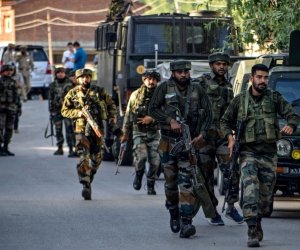
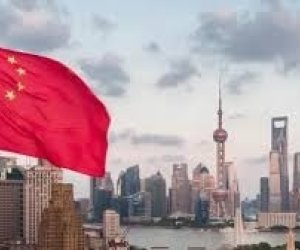
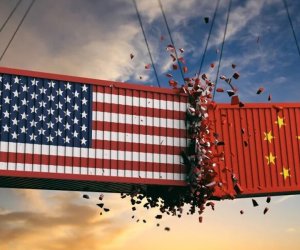
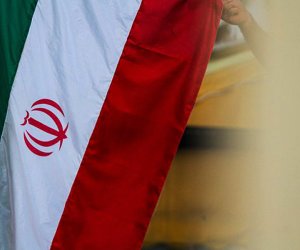
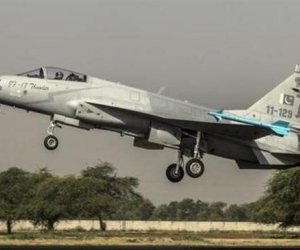
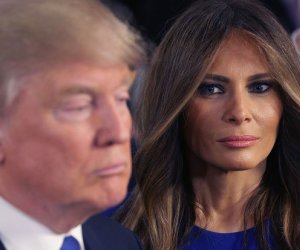
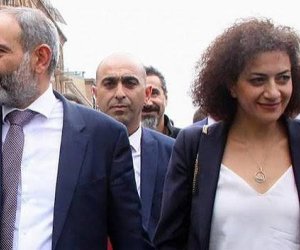
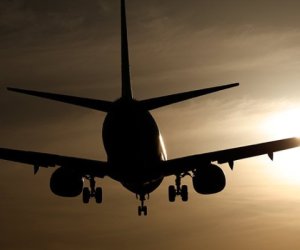
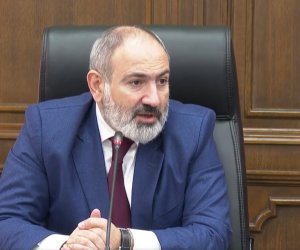


 Photo
Photo 



 Video
Video 

